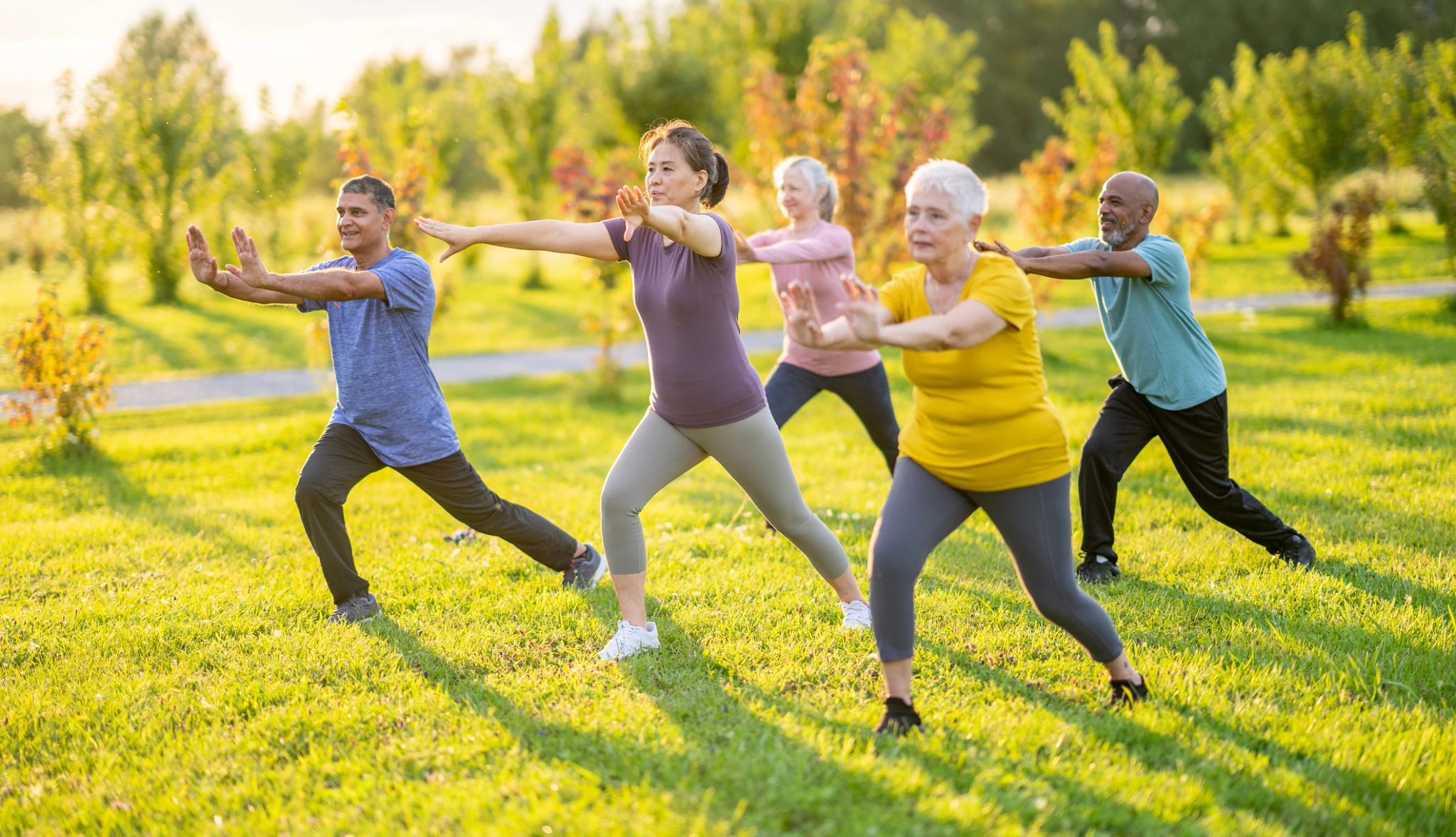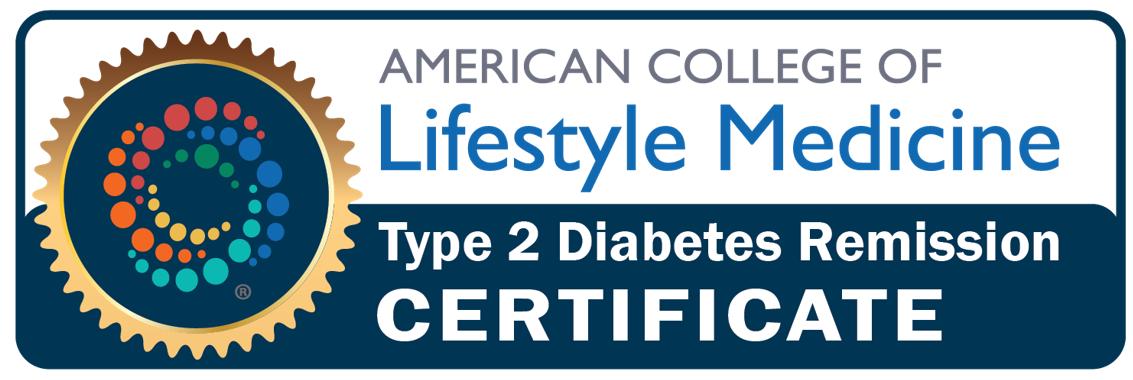Role of Tai Chi in Health
Role of Tai Chi in Health
Tai Chi, also known as Tai Chi Chuan or Taijiquan, is a traditional Chinese martial art that has evolved into a popular mind-body practice renowned for its numerous health benefits. Originating in ancient China, Tai Chi combines slow, graceful movements with deep breathing and meditation, aiming to harmonize the body, mind, and spirit.
The history of Tai Chi dates back to the 17th century, attributed to Chen Wangting, a martial artist from Chenjiagou in Henan Province. Over time, Tai Chi evolved into different styles, each characterized by unique movements and principles. The major Tai Chi styles include Chen, Yang, Wu/Hao, Wu, and Sun, each offering variations in practice and focus.

Tai Chi is widely recognized for its profound health-promoting effects across various dimensions:
- *Anti-Aging and Longevity:* Regular practice of Tai Chi promotes flexibility, strength, and balance, which are key factors in maintaining mobility and preventing falls, thus supporting healthy aging and longevity.
- *Heart Health:*Tai Chi improves cardiovascular fitness by enhancing circulation, lowering blood pressure, and reducing the risk of heart disease. The gentle movements stimulate the cardiovascular system without putting undue stress on the heart.
- *Diabetes Management:* Studies have shown that Tai Chi can help improve glucose control and insulin sensitivity in individuals with diabetes. Regular practice may aid in managing blood sugar levels and reducing the risk of complications.
- *Balance and Fall Prevention:* Tai Chi enhances proprioception (awareness of body positioning) and coordination, reducing the risk of falls, particularly in older adults. It strengthens muscles and improves posture, crucial for maintaining balance.
- *Mental Well-Being:* Tai Chi is a meditative practice that promotes relaxation, reduces stress, and enhances mental clarity. It can alleviate symptoms of anxiety, depression, and mood disorders by promoting a sense of calm and inner peace.
- *Bone Health:* The weight-bearing nature of Tai Chi movements stimulates bone density, reducing the risk of osteoporosis and fractures, especially in postmenopausal women.
- *Immune Function:* Tai Chi has been associated with improved immune function and reduced inflammation, which can enhance overall health and resilience.
- *Joint Health:* Tai Chi's gentle, flowing movements promote joint flexibility and lubrication, reducing stiffness and discomfort associated with arthritis and other joint conditions.
- *Mind-Body Connection:*Tai Chi cultivates mindfulness and body awareness, fostering a deeper connection between the mind and body, which is essential for holistic health.
- *Social Interaction:* Tai Chi classes provide social engagement and support, fostering a sense of community and well-being.
In summary, Tai Chi offers a holistic approach to health and wellness, benefiting individuals of all ages and fitness levels. Its gentle, low-impact movements make it accessible to most people, and regular practice can lead to profound improvements in physical, mental, and emotional well-being. Consultation with a healthcare professional is recommended before starting Tai Chi, especially for individuals with existing health conditions.
Contact Us
